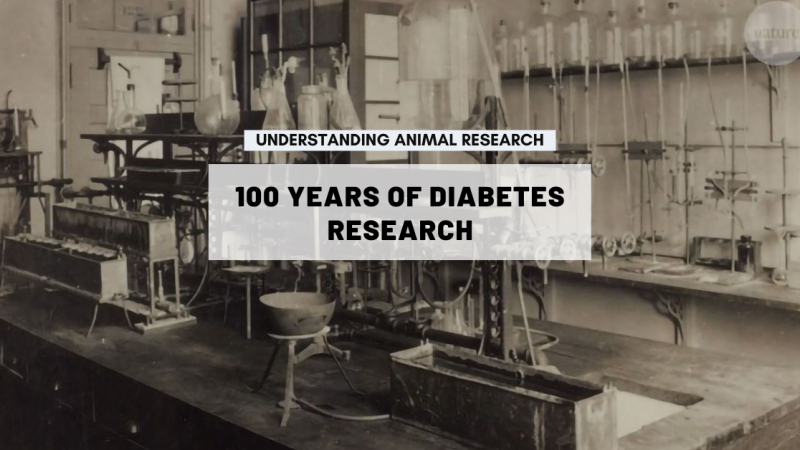Text to go here...
 Before January 1922, a diagnosis of Type 1 diabetes was in effect a death sentence; many died of starvation. And before 1945 when the NHS was founded in the UK, you could only get insulin if you could afford it.
Before January 1922, a diagnosis of Type 1 diabetes was in effect a death sentence; many died of starvation. And before 1945 when the NHS was founded in the UK, you could only get insulin if you could afford it.
Monday 23 January 2012 is, they say, the 90th anniversary of the first successful use of insulin, saving the life of teenager Leonard Thompson in Toronto General Hospital.
According to Michael Bliss, who wrote the definitive history The Discovery of Insulin, the only creature which had received more insulin than Leonard or any other animal was Fred Banting and Charles Best's famous dog Marjorie. The dog became diabetic when she had her pancreas removed on 18 November 1921 and was still alive and receiving her daily insulin, at that time a fairly crude pancreatic extract, in late January.
But Marjorie was put down a few days later because she had abscesses at the injection sites and there were more pressing needs for the scarce extract. Leornard died in 1935, having lived a normal, if rather short, life since he started receiving insulin. His diabetes was not very well controlled, a problem still faced by some diabetics today.
The lives of millions of people have been saved by insulin. There are about three million people living with diabetes today in the UK alone. Developments such as minuscule needles, genetically modified insulin, electronic blood testing, insulin pumps and implants, have greatly helped people with Type 1 diabetes 90 years on. There is even talk of experiments with tattoos that change colour according to blood glucose levels. Research is continuing, to improve treatment further and ultimately find a cure.
See our page on insulin for diabetes which includes our video featuring a young woman with diabetes and a scientist doing research to develop new treatments.
The latest advance in understanding the causes of diabetes was announced recently.
See also Diabetes UK for more information about current research.
Last edited: 11 January 2022 13:04




